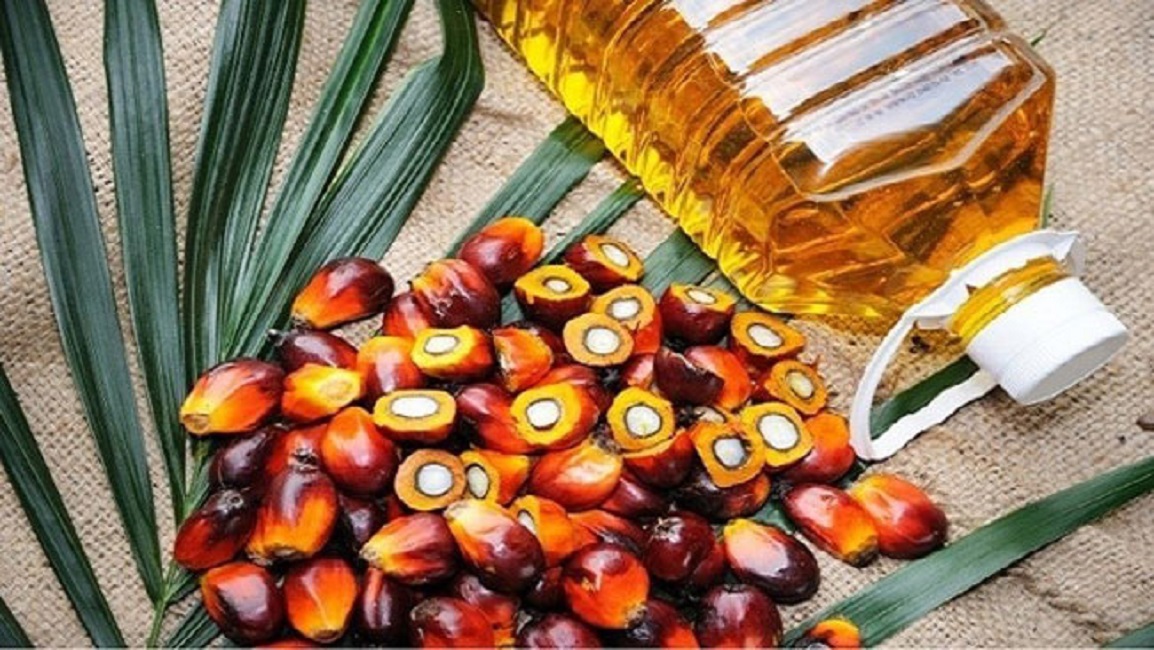Palm oil importers and producers along with oil palm cultivators suffered a major blow as Sri Lanka banned imports of the world’s most-consumed cooking oil and ordered to get rid of all the tropical trees in the country in phased manner.
It was ironic, that Prime Minister Mahinda Rajapaksa who was instrumental in supporting the oil palm cultivation and promoted the industry when he held the presidency had to issue gazette notifications to ban palm oil imports and uproot oil palm trees within ten years on the directions of his brother President Gotabaya Rajapaksa.
However the relevant gazette notification has eased restrictions on imports by allowing the importation of palm oil and its fractions which are not chemically modified subject to special license regulations..
The lack of clarity in the new regulations and the delay in implementing the license scheme allowing importers continue palm oil imports has affected refiners, processors, manufacturers, marketers and sellers of palm oil and other products of the oil palm.
Small scale manufactures for the local and export market have been affected badly as the banks are refusing to open LCs for all importers to bring down palm oil as the license scheme is still not in operation, these industrialists complained.
According to industry sources , the formal local manufacturing industry is worth Rs. 85 billion and with the SMEs, the sector’s value is around LKR 95 to LKR 100 billion.
Separately, Sri Lanka exports USD 150-200 million (between LKR 30 and LKR 40 billion) through BOI companies and other licensed local companies.
The baseless vilification of the local palm oil industry had resulted in the country producing just 23,000 tonnes of palm oil per annum and the import of a staggering 220,000 tonnes of crude palm oil into the country each year, at a cost of approximately Rs 22 billion, industry stakeholders said.
Earlier these companies were allowed to import palm oil without any restrictions, sources said, adding that the companies engaged in producing palm oil based products, bakery fat and vanaspati ghee for the Indian market are allowed to import crude palm oil without any restrictions.
But it has come to a standstill now and some of those companies are struggling to clear their palm oil shipments held up at the Colombo port.
The two countries had signed a free-trade agreement under which India’s import of edible oil from Sri Lanka began in 2005.
Most of the vanaspati oil is made from palm oil imported from Malaysia. Sri Lanka does not impose any duty on palm oil imports but India imposes an 80 percent duty.
To cash in on the difference, Indian manufacturers started setting up companies in Sri Lanka with local partners to make vanaspati oil for export to India.
As of now, 10 such companies exist in the island nation, each with a capacity of 25,000 tonnes but the new decision of the Sri Lanka Government has put paid to their expectations. A senior official of Indian vanaspati plant in Sri Lanka said there has been no production for the past two months.
"The company is losing heavily...these are high investments of about USD 3 million or more each," he said.
Sri Lankan firms producing a range of foods and personal care items would be hit by a palm oil ban, in addition to publicly traded companies growing the plant which would have to be uprooted under state orders, an equities research report said.
The confectionery industry worth LKR 150 billion is still in the dark over the immediate ban on palm oil imports, with no proper directions given on the procedures to obtain licences, whilst many small and medium-sized enterprises (SMEs) are running short of stocks amidst increased demand.
Sri Lanka producesaround 8 percent of its annual palm oil requirement and imports the remaining 92 percent, estimated at 200,000 tonnes from Indonesia and Malaysia, CAL an investment bank said in a research note to clients.
Meanwhile about 11,000 hectares of palm oil planted by listed companies who jumped on an ‘import substitution’ tax arbitrage scheme have been ordered to be uprooted as part of the anti-palm oil measures.
At present Sri Lanka is one of a handful of global producers who can make an authentic and verifiable claim to producing oil palm sustainably with zero-deforestation.
It will be a tragedy if people allow this unprecedented economic opportunity to go to waste merely to pander to the ignorant and inflammatory claims of vested political interests that have no basis in objective facts, industry sources said.

Leave your comments
Login to post a comment
Post comment as a guest